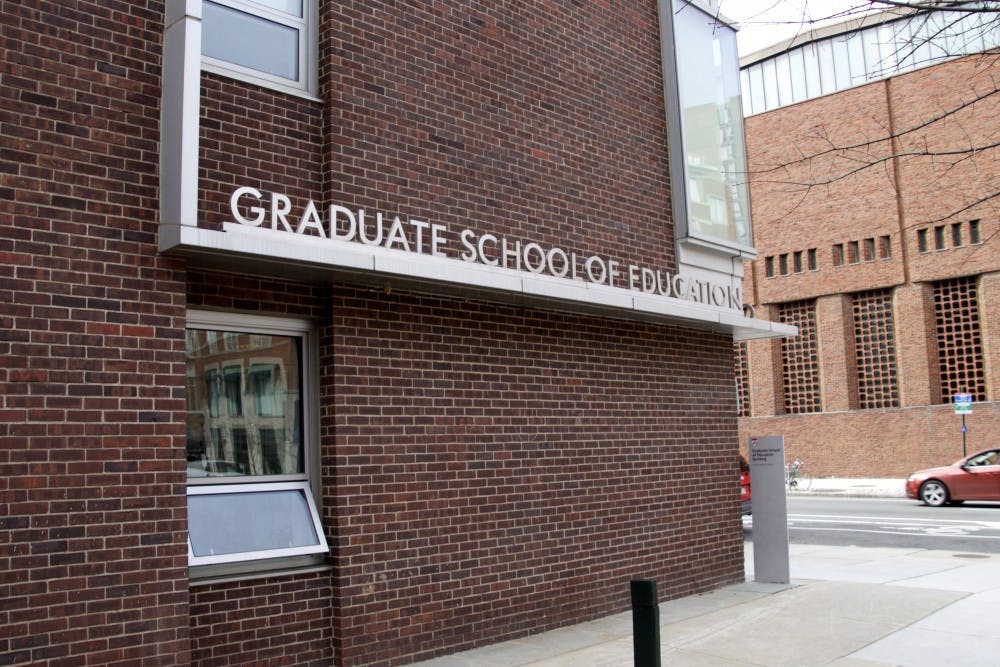
Students taking the course "Cross-Cultural Awareness" learn about racial and social class divisions in a small-group setting. The graduate level course also allows students to swap roles with the instructors and lead the class for the second half of the semester.
The course, EDUC 566, is offered in the spring through Penn’s Graduate School of Education and the Greenfield Intercultural Center. Every week students discuss various topics related to cultural diversity, which can range from race, class, and immigration. The course is offered through GIC's Programs for Cross Cultural Awareness to both undergraduate and graduate students.
Holly Link, who received a Ph.D. from GSE in 2016, has been teaching the graduate course since 2014. Link leads the class with a co-instructor, and the two leaders work on “placing [themselves] as learners alongside students.”
During the second half of the semester, pairs of students take turns leading class discussions while the professors respond as students, which helps students learn facilitation and public speaking skills, the course website states.
She added that even though some course topics can be difficult to discuss, professors encourage students to be open and vulnerable.
“It was the first time I was having this facilitated dialogue with other folks about really difficult subjects,” 2012 College graduate Angbeen Saleem, who took the course in 2011, said. “Everyone showed up to this course with a lot of vulnerability and a lot of honesty."
The course includes a retreat prior to the first day of classes that introduces students and professors to each other in a more intimate way. This close connection continues throughout the semester as students and professors write and share autobiographies.
Second-year GSE student Tianyu Liu, who completed the class last spring, said instructors “introduce [the material] in a way that doesn’t make you feel like they are better than you or more knowledgeable than you.”
The class culminates in a final project where each student focuses on a particular social issue. The projects range from websites to academic papers, but each project aims to promote social change around a specific issue.
Link said the course tends to attract “students who are really interested in engaging with issues around diversity and oppression” and draws fewer “students who are from privileged white backgrounds.”
She added that through the course, she has gained insight from the diversity of her students and co-instructors.
“As a white woman of class privilege, a high level of formal education, it’s been really important for me to work with co-instructors who might not necessarily share those same privileges, and also students,” Link said. “I can really have this space to think about how I use that privilege.”
The Daily Pennsylvanian is an independent, student-run newspaper. Please consider making a donation to support the coverage that shapes the University. Your generosity ensures a future of strong journalism at Penn.
Donate







